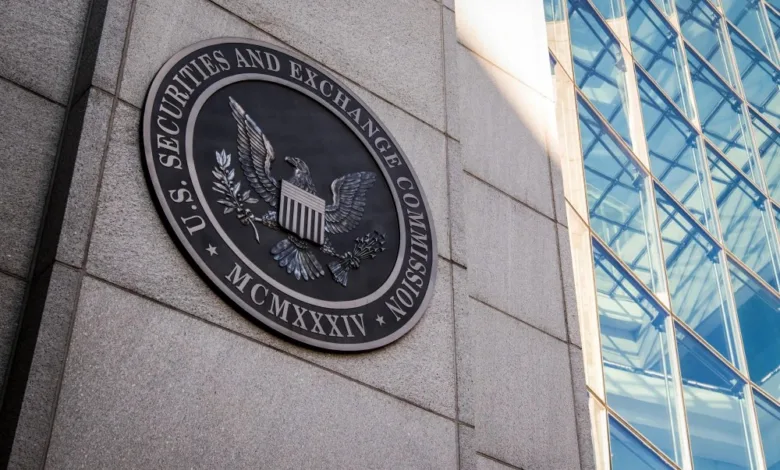
The cryptocurrency market has experienced an unprecedented surge following Donald Trump’s victory in the United States presidential elections. Over the past week, optimism has been building within the sector as expectations rise for a pro-industry administration that might finally establish a clearer regulatory framework for digital assets. However, the question remains whether the Securities and Exchange Commission (SEC) will take the necessary steps to foster a more favorable environment for the industry.
The Challenge of Regulation by Enforcement
SEC Commissioner Hester Peirce recently appeared on the Block and Order podcast, shedding light on the potential future direction of the US regulatory agency. With a seemingly crypto-friendly administration poised to take office in 2025, there is much anticipation about what changes might occur. Donald Trump, known for his pro-crypto stance, emerged victorious in the recent election against Vice President Kamala Harris. During his campaign, Trump committed to adopting a supportive regulatory approach, including the dismissal of SEC Chairman Gary Gensler, with aspirations of transforming the US into the “crypto capital” of the world.
Furthermore, Trump has pledged to maintain the nation’s Bitcoin (BTC) holdings and to collaborate with industry experts to craft a regulatory framework that aligns with the needs of the sector. Despite these promising developments, the SEC has a long history of targeting the crypto industry through a “regulation by enforcement” strategy. Commissioner Peirce emphasized that there are more efficient ways to utilize the agency’s resources than through piecemeal enforcement actions.
According to Peirce, constructing a comprehensive and tailored framework in collaboration with investors and industry experts would be a more effective approach. She pointed out that the current method of enforcement actions leads to confusion and discouragement, hindering innovation and progress. Additionally, Peirce suggested that establishing clear guidelines and a comprehensive “disclosure framework” would enable investors to better understand the risks and benefits associated with crypto projects and gain insights into the teams and plans behind them.
Is the SEC Ready for a Crypto-Friendly Administration?
Commissioner Peirce acknowledged that the SEC’s existing approach has created an environment of uncertainty, leaving investors bewildered and crypto businesses hesitant to operate in the US. She emphasized the importance of having rules that provide clarity rather than instilling fear in those looking to start or conduct business within the country.
The podcast hosts highlighted the potential timeline for developing a new regulatory framework, suggesting it could take several years to come to fruition. However, Peirce noted that the US has the advantage of learning from successful regulatory practices in other jurisdictions. She also emphasized the need for the SEC to address some internal issues, such as expediting the review process and adopting a more open-minded stance.
During the interview, which was recorded prior to the election, Peirce expressed concern about the new administration’s approach, acknowledging the uncertainty that accompanies such transitions. She suggested that being prepared with innovative ideas in advance of the new administration’s tenure will be crucial. In a subsequent post on social media, Peirce reiterated that both insiders and outsiders of the agency should begin contemplating what effective crypto regulation looks like.
Ultimately, Peirce believes that fostering a public discussion fueled by good ideas is essential to prepare the new administration and US regulators for a potential shift in regulatory strategy. By doing so, the nation can better embrace the opportunities that the evolving digital asset landscape presents.
Conclusion
As the crypto market capitalization reaches a significant milestone of $2.9 trillion, the sector eagerly anticipates the regulatory changes that a new administration may bring. With clear guidelines and a supportive framework, the US could solidify its position as a global leader in the crypto industry, attracting innovation and investment. The future holds the promise of a more inclusive and thriving crypto ecosystem, provided that the regulatory landscape evolves to meet the needs of this dynamic sector.







